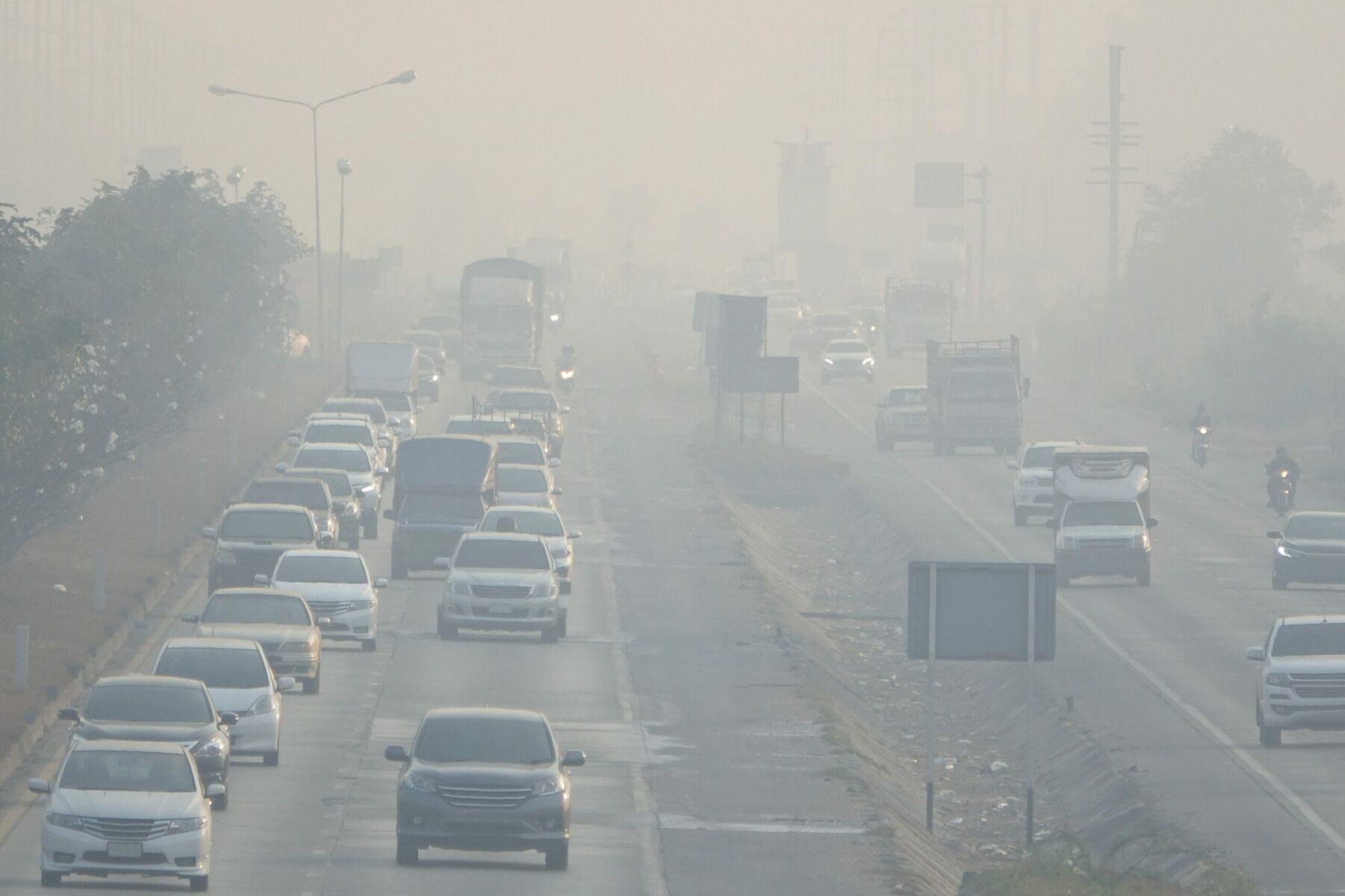Forest fires cut Thailand tourism revenue by 400 million baht

Forest fires in Thailand have severely impacted the economy, with annual tourism revenue dropping from 2 billion baht to 1.6 billion baht. The Department of National Parks, Wildlife and Plant Conservation (DNP) is urgently implementing prevention plans to address these issues.
Director of the National Park Office at the DNP, Chaiwat Limlikit-aksorn revealed that most forest fires are human-induced, resulting in significant environmental and economic losses.
The northern region has seen a notable decline in tourist numbers during frequent fire outbreaks. Although the target was to generate 2 billion baht from tourism this year, the actual revenue fell short at only 1.6 billion baht.
Chaiwat emphasised the necessity for immediate measures to manage the ongoing impacts of forest fires and haze, especially in Mae Hong Son and Chiang Mai. These provinces frequently report high fire hotspots, leading to reduced visibility and affecting flights to Mae Hong Son Airport.
Consequently, tourists face disruptions in their travel plans. In mid-March, Chiang Mai was ranked the most polluted city globally by air quality, with an average air quality index (AQI) of 200. This high level of pollution has direct repercussions on tourism and public health in the area.
Forest fires also adversely affect natural resources, destroying plant communities, and forest structures, and destroying wildlife habitats.
This year, the effects of global warming are particularly evident, with increased drought and climate changes impacting many marine national parks in the southern region, resulting in severe coral bleaching. The northern region struggles with forest fires and haze, significantly affecting tourism in conservation areas.
Chaiwat stated that efforts to resolve the impacts of forest fires and haze on natural resources and tourism require collaboration from all sectors, both government and public.
He claimed that protecting forests and natural resources is crucial for maintaining ecosystem balance, public health, and mitigating economic impacts. The drafting of short and long-term plans and measures is crucial to sustainably resolve these issues.
The DNP’s proactive approach includes involving various stakeholders to ensure the protection and balance of ecosystems. Public health and economic stability are also priorities in these initiatives.
Despite the immediate challenges, the focus remains on creating sustainable solutions to prevent and manage forest fires and their consequences, reported KhaoSod.
Latest Thailand News
Follow The Thaiger on Google News:


























